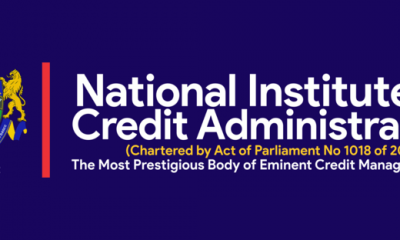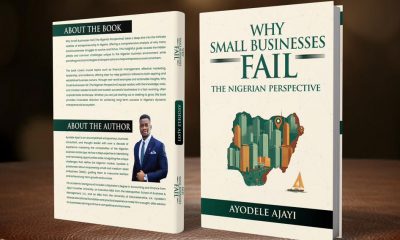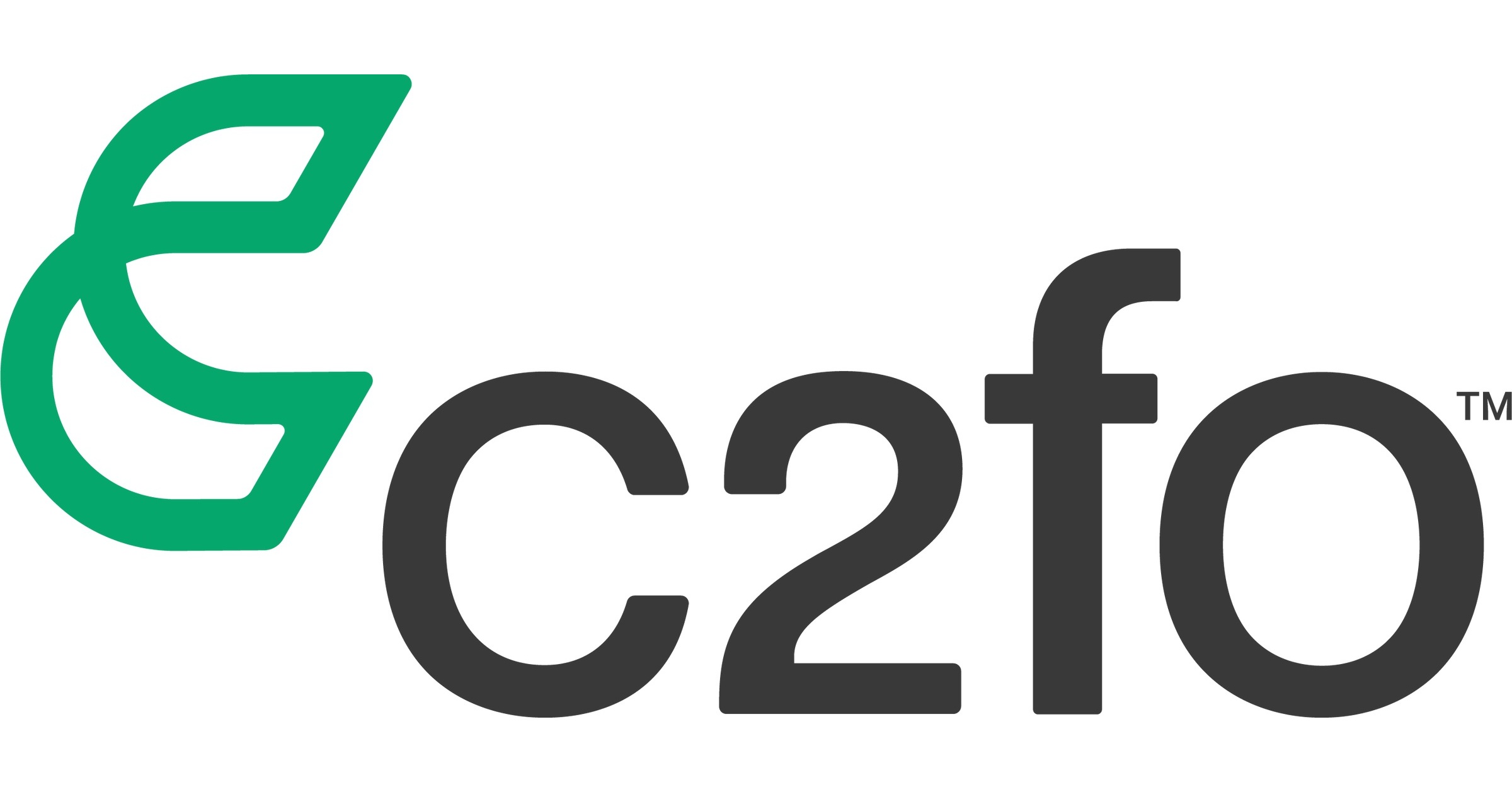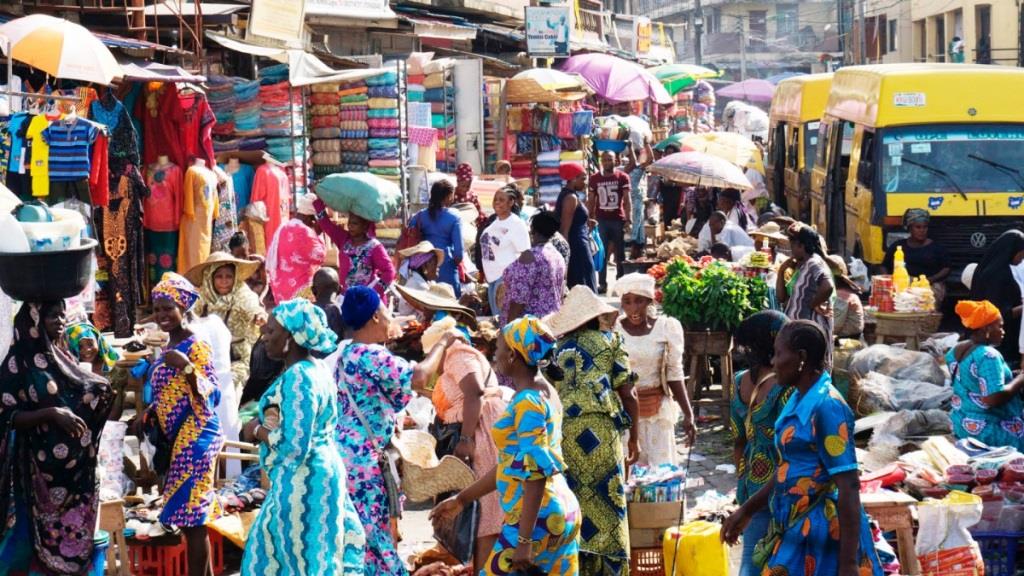Economy
Most MSMEs Can’t Withstand Shocks—Olurotimi
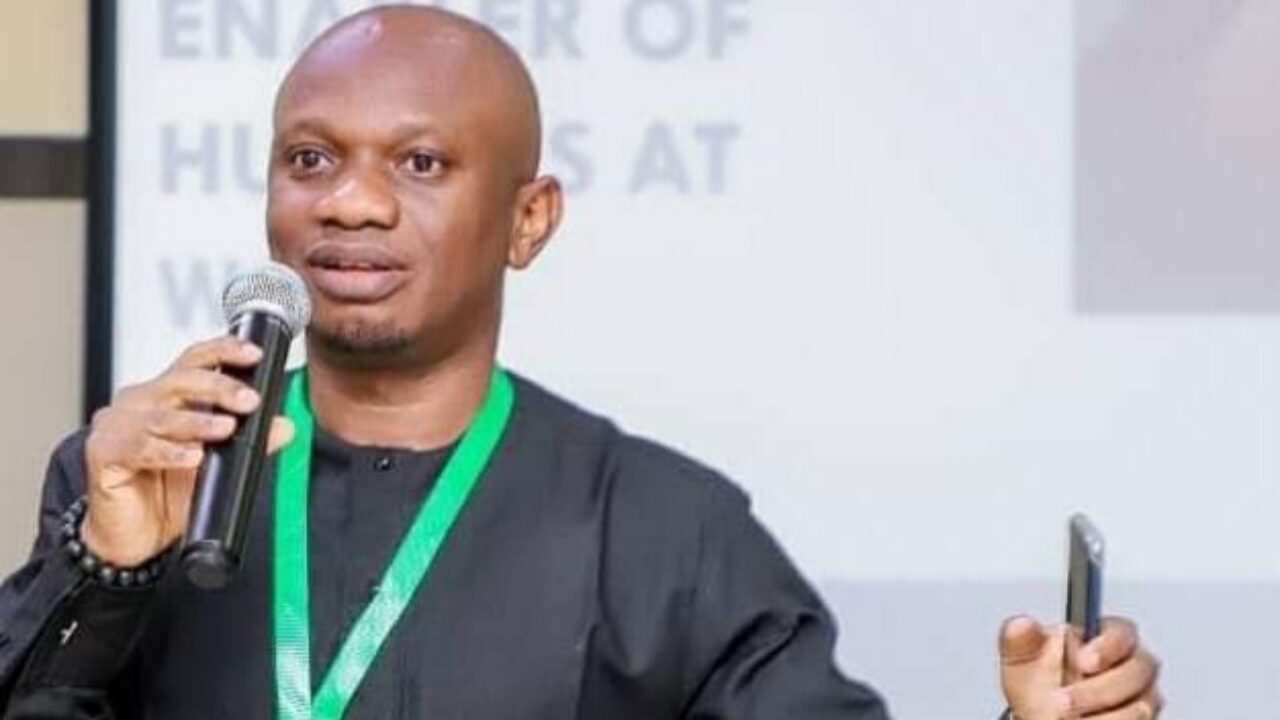
By Adedapo Adesanya
Businesses may have suffered their worst year in 2020, but this year will see Micro, Small, and Medium Scales Enterprises (MSMEs) thrive if they work on all the lessons learnt and use them to adapt to the changing landscape, Mr Seye Olurotimi, the founder of MSMEs Africa, has said.
Mr Olurotimi, while appearing as a guest on TV Continental’s programme called Business Nigeria anchored by Mr Tolu Ogunjobi, which was monitored by Business Post, noted that small businesses do not have shock absorbers, which he said affected them when the global economy was faced with an unprecedented health crisis last year.
In his words, “MSMEs don’t have shock absorbers to withstand what the big corporates could absolve and when COVID-19 came and forced people to stay back at home, a lot of them didn’t have the infrastructure to run their services.
“It affected the way they made money. So, people could not make money, couldn’t meet their obligations, some have debts. Many have had to lay off their staff because they could not afford them.”
Mr Olurotimi noted that the recession that came with the situation led many to grapple with a lot as it made it harder for them to meet up with a lot of obligations.
FG’s interventions good
However, he commended several interventions from the federal government, which he said some have benefitted from. But he noted that the programme could not meet the demands of the over 40 million SMEs in the country.
Mr Olurotimi praised the payroll scheme of the federal government, which helped to pay workers and not business founders for a specified period, adding that the Guaranteed Offtake Scheme helped to provide funds to produce goods and also provided avenue’s to help them sell these goods.
While lauding these schemes, he advised the FG not to “just give people money” but should “train them on how to use them,” submitting that “for every intervention, let’s create a part that trains people on how to manage businesses so as to build capacity.”
He further said that despite the considerable improvement made as regards the movement of Nigeria in the ranks of global ease of doing business, there was more the country could do. Nigeria moved 15 places to 131 from 146 out of the 190 countries assessed by the World Bank.
He charged the Presidential Enabling Business Environment Council (PEBEC) to do more, explaining that the rate that businesses spend on electricity, rent and transport are not sustainable for business.
Suggests recommendations
Recommending effective measures that the Nigerian government can drive businesses, Mr Olurotimi suggested the creation of hubs for SMEs.
“When we say hubs, we mean like clusters for MSMEs where there is a 24-hour power supply and improved infrastructure so they don’t have to look outside,” he explained.
He added that the government should look to create hubs in different locations in the federation where people can have access to power and other needed structures.
“I think that would work, having hubs where all the factors of production or most are readily available and affordable.
“I also think the regulatory environment has to be friendlier. We have regulators like NAFDAC, SON, FIRS who have become unfriendly… so when the regulatory environment is suitable and friendly, SMEs will thrive.
He also added that the federal government needs to have policies that support capacity development, saying that factoring entrepreneurship into the country’s educational curriculum was not enough without the necessary outlets to practise.
Mr Olurotimi noted that policies like the Loan-Deposit Ratio (LDR) of the Central Bank of Nigeria (CBN), Finance Act (2020) and Companies Allied Matters Act (2020) deserved a pat on the back but people need to see more.
Outlook for MSMEs in 2021
Projecting what the year could hold, Mr Olurotimi said businesses would thrive following the copious challenges faced in the last twelve months on the condition they could leverage on technology and cut costs.
He advised the government to come to the aid of business not by interventions alone but by creating an enabling environment not restricted by unfriendly policies.
On the part of MSMEs, Mr Olurotimi said the pandemic saw people leverage technology and cut costs, and if they could build on these, they would be able to survive whatever shocks await.
He also charged SMEs to open up to the idea of open-source funding from venture capitalists, angel investors, among others, noting that the business trend of sole proprietorships is outdated and equity funding is where the world is driving towards, adding that business owners needed to improve on their creditworthiness by improving on their business characters.
Economy
NGX RegCo Cautions Investors on Recent Price Movements

By Aduragbemi Omiyale
The investing public has been advised to exercise due diligence before trading stocks on the Nigerian Exchange (NGX) Limited.
This caution was given by the NGX Regulation Limited (NGX RegCo), the independent regulatory arm of the NGX Group Plc.
The advisory became necessary in response to notable price movements observed in the shares of certain listed companies over recent trading sessions.
On Monday, the bourse suspended trading in the shares of newly-listed Zichis Agro-allied Industries Plc. The company’s stocks gained almost 900 per cent within a month of its listing on Customs Street.
In a statement today, NGX RegCo urged investors to avoid speculative trading based on unverified information and to consult licensed intermediaries such as stockbrokers or investment advisers when needed.
It explained that its advisory is part of its standard market surveillance functions, as it serves as a measured reminder for investors to prioritise informed and disciplined decision-making.
The notice emphasised that the Exchange will continue to monitor market activities closely in line with its mandate to ensure a fair, orderly, and transparent market.
“NGX RegCo encourages all investors to base their decisions on publicly available information, including a thorough assessment of company fundamentals, financial performance, and risk profile,” a part of the disclosure said.
It reassured all stakeholders that the NGX remains stable, well-regulated, and resilient, saying the platform continues to foster an environment where investors can participate with confidence, supported by robust oversight and transparent market operations.
“Our primary responsibility is to maintain a level playing field where market participants can trade with confidence, backed by timely and accurate information.
“This advisory is a routine communication, reinforcing that sound fundamentals, not speculation, remain the foundation for sustainable investment outcomes. We are fully committed to preserving the integrity and stability of our market,” the chief executive of NGX RegCo, Mr Olufemi Shobanjo, stated.
Economy
Stronger Taxpayer Confidence, Others Should Determine Tax Reform Success—Tegbe

By Modupe Gbadeyanka
The chairman of the National Tax Policy Implementation Committee (NTPIC), Mr Joseph Tegbe, has tasked the Nigeria Revenue Service (NRS) to measure the success of the new tax laws by higher voluntary compliance rates, lower administrative costs, fewer disputes, faster resolution cycles, and stronger taxpayer confidence.
Speaking at the 2026 Leadership Retreat of the agency, Mr Tegbe said, “Sustainable revenue performance is built on trust and efficiency, not enforcement intensity,” emphasising that the legitimacy and predictability of the system are more critical than punitive measures.
He underscored that the country’s tax reform journey is at a critical juncture where effective implementation will determine long-term fiscal outcomes.
The NTPIC chief stressed that tax policy must serve as an enabler of governance, and should embody simplicity, equity, predictability, and administrability at scale.
These principles, he explained, foster voluntary compliance, reduce operational friction, and strengthen investor confidence. He warned that ad-hoc adjustments or policy drift could undermine reform momentum, unsettle businesses, and deter investment, which thrives on predictable rules rather than shifting announcements. Structured sequencing, clear transition mechanisms, and continuous feedback between policymakers and administrators are therefore critical to sustaining reform credibility.
Mr Tegbe further argued that revenue reform cannot succeed in isolation. Achieving sustainable gains requires a whole-of-government approach, leveraging robust taxpayer identification systems, integrated financial data, efficient dispute resolution, and harmonised coordination across federal and sub-national levels. This approach, he said, reduces leakages, eliminates multiple taxation, and reinforces confidence in the system.
He noted that the passage of four new tax laws marks only the beginning of a broader reform agenda, describing the initiative as a systemic recalibration of Nigeria’s fiscal architecture, rather than a routine policy update.
He further asserted that the true measure of success will be the credibility of implementation, not the design of the laws themselves.
The NRS, he noted, functions as the nation’s “Revenue System Integrator,” with outcomes reflecting the strength of an interconnected ecosystem that encompasses policy clarity, enforcement consistency, digital infrastructure, dispute resolution efficiency, and intergovernmental coordination.
Economy
NUPENG Seeks Clarity on New Oil, Gas Executive Order

By Adedapo Adesanya
The National Union of Natural and Gas Workers (NUPENG) has expressed deep concern over the Executive Order by President Bola Tinubu mandating the Nigerian National Petroleum Company (NNPC) Limited to remit directly to the federation account.
In a statement signed by its president, Mr William Akporeha, over the weekend in Lagos, the union noted that the absence of detailed public engagement had naturally generated tension within the sector and heightened restiveness among workers, who are anxious to know how the new directive may affect their employment, welfare and job security, especially as it affects NNPC and other major operations in the oil and gas sector.
It pointed out that the industry remained the backbone of Nigeria’s economy, contributing significantly to national revenue, foreign exchange earnings, and employment.
The NUPENG president affirmed that any policy shift, particularly one introduced through an Executive Order, has far-reaching consequences for regulatory frameworks, Investment decisions, operational standards, and labour relations within the sector.
According to him, “there is an urgent need for clarity on the scope and objectives of the Executive Order -What precise reforms or adjustments does it introduce? “Its implications for the Petroleum Industry Act -Does the Order amend, interpret, or expand existing provisions under PIA?
“Impact on workers and existing labour agreements-Will it affect job security, conditions of service, Collective Bargaining agreements or ongoing restructuring processes within the industry? “Effects on indigenous participation and local content development -How will it affect Nigerian companies and employment opportunities for citizens?”
He warned that without proper consultation and explanation, misinterpretations of the Executive Order may spread across the industry, potentially destabilising operations and undermining industrial harmony that stakeholders have worked hard to sustain.
“Though our union remains committed to constructive engagement, national development and stability of the oil and gas sector, however, we are duty-bound and constitutionally bound to protect the rights and welfare and job security of our members whose livelihoods depend on a clear, fair and predictable policy framework,” Mr Akporeha further stated.
-

 Feature/OPED6 years ago
Feature/OPED6 years agoDavos was Different this year
-
Travel/Tourism10 years ago
Lagos Seals Western Lodge Hotel In Ikorodu
-

 Showbiz3 years ago
Showbiz3 years agoEstranged Lover Releases Videos of Empress Njamah Bathing
-

 Banking8 years ago
Banking8 years agoSort Codes of GTBank Branches in Nigeria
-

 Economy3 years ago
Economy3 years agoSubsidy Removal: CNG at N130 Per Litre Cheaper Than Petrol—IPMAN
-

 Banking3 years ago
Banking3 years agoSort Codes of UBA Branches in Nigeria
-

 Banking3 years ago
Banking3 years agoFirst Bank Announces Planned Downtime
-

 Sports3 years ago
Sports3 years agoHighest Paid Nigerian Footballer – How Much Do Nigerian Footballers Earn


